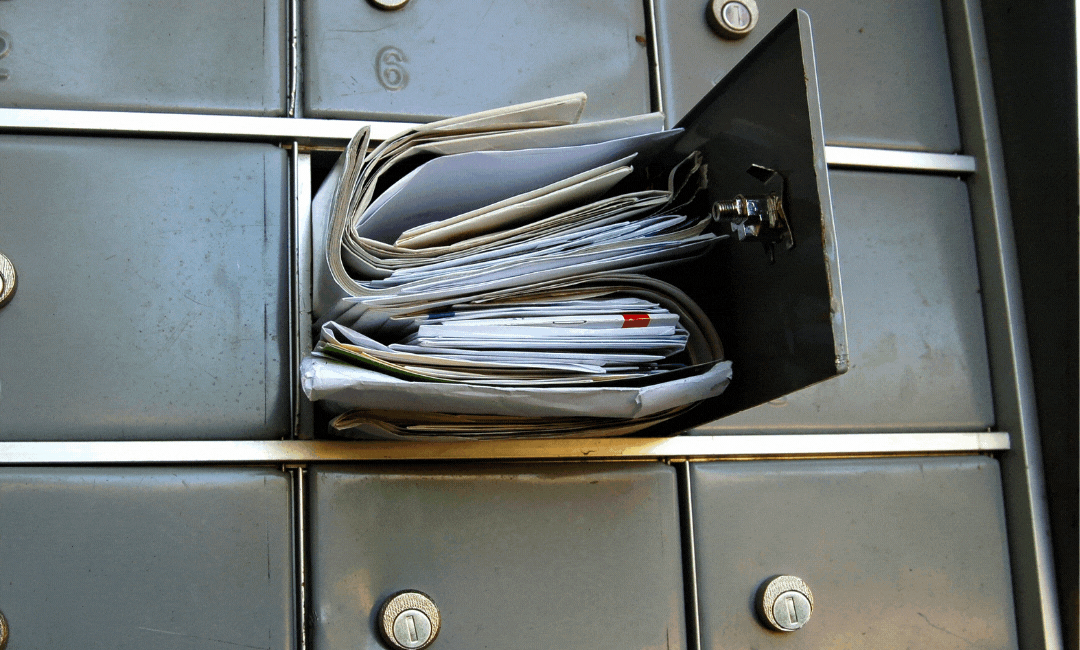The Week In Torts – Cases from April 22, 2022

Just get it in the mail!
FLORIDA LAW WEEKLY
VOLUME 47, NUMBER 16
CASES FROM THE WEEK APRIL 22, 2022
SUPREME COURT FINDS THAT APPLICABLE STATUTE OF LIMITATIONS PERIOD FOR FILING A MEDICAL NEGLIGENCE COMPLAINT IS TOLLED WHEN THE CLAIMANT MAILS THE PRESUIT NOTICE (AND NOT WHEN THE DEFENDANT RECEIVES IT)
Boyle v. Samotin, M.D., 47 Fla. L. Weekly S111 (Fla. Apr. 20, 2022):
In this medical malpractice case, the claimant/plaintiff mailed the presuit notice before the expiration of the applicable limitations period. However, the defendant did not receive the notice until after the applicable period would have expired in the absence of tolling.
The question for the Florida Supreme Court was whether the applicable limitations period for filing a complaint for medical negligence is tolled under section 766.106(4) when the claimant mails the presuit notice of intent to initiate litigation, or when the prospective defendant receives the notice.
The court addressed the procedures found in section 766.106(2)(a) mandate that “a claimant shall notify each prospective defendant by certified mail, return receipt requested, of an intent to initiate litigation for medical negligence.”
Subsection (3)(a) then contemplates a “90-day period” in which the prospective defendant shall conduct a presuit investigation to determine the liability of the defendant.
Subsection (3) references two different 90-day periods, one triggered by mailing of the presuit notice and the other by receipt of the notice. The issue then is whether the applicable limitations period is tolled by “mailing” or by “receiving.”
In reviewing current precedent, the Florida Supreme Court agreed that the mailing of the presuit notice triggers tolling.
However, to ensure that the prospective defendant receives the benefit of the full investigation, the 90-day period is measured from the date of receipt of the notice. In other words, the applicable limitations period is also tolled during the time period between mailing and receipt. This result, the court found, honors the language of the statute, and gives the Defendant the full 90 days to investigate the claim.
TRIAL COURT ABUSED ITS DISCRETION BY DENYING ASSIGNEES’ REQUEST FOR APPELLATE ATTORNEY’S FEES IN THOSE CASES WHERE THE APPELLATE COURT GRANTED ASSIGNEES’ PETITIONS FOR WRIT OF CERTIORARI – SECTION 627.428(1) PROVIDES FOR AN AWARD OF ATTORNEY’S FEES IN FAVOR OF AN INSURED OR BENEFICIARY IN THE EVENT OF AN APPEAL IN WHICH THE INSURED OR BENEFICIARY PREVAILS AGAINST AN INSURER
Shazam Auto Glass v. GEICO, 47 Fla. L. Weekly D845 (Fla. 2nd DCA Apr. 13, 2022):
The court began by ruling that the denial of a request for appellate attorney’s fees in the circuit court is properly reviewable by direct appeal, and not certiorari. As such, the standard of review is an abuse of discretion.
Section 627.428(1) provides for an award of attorney’s fees in favor of an insured or beneficiary in the event of an appeal which the insured or beneficiary prevails against an insurer. Courts have recognized that an insured’s assignee is also entitled to appellate attorney’s fees to the extent it has prevailed on appeal.
GEICO attempted to frame the outcome of the consolidated proceedings as a “loss” for the assignee, because the circuit court granted GEICO’s petitions in two of the five cases. However, this consolidation of individual claims did not strip the underlying lawsuits of their individual character. As such, the assignee was entitled to appellate attorney’s fees for handling the two of the five cases.
DISCREPANCIES BETWEEN AN EXPERT’S AFFIDAVIT AND HIS OR HER TESTIMONY IS NOT A BASIS FOR STRIKING AN AFFIDAVIT UNDER DAUBERT
Peng v. Citizens Property Ins. Co., 47 Fla. L. Weekly D852 (Fla. 3rd DCA Apr. 13, 2022):
In this property insurance appeal, the plaintiffs/insureds hired a civil engineer to inspect the roof and to opine on the cause of the plaintiffs’ interior water intrusion. The expert used accepted roof inspection methodology principles.
However, after submitting an affidavit, the expert testified in his deposition more specifically, that intrusion from wind-driven rain under the shingles is what caused the intrusion. The expert admitted that his opinions could have been more refined when he did his affidavit (and before the deposition) but he had not conducted certain testing because he was confident in his general opinion.
The insurance company argued that the expert’s opinion lacked reliability and filed a Daubert motion seeking to exclude it. The insurer argued that the expert’s opinions expressed in the affidavit/report and deposition conflicted with each other and were not based on scientific facts, and that unlike his affidavit, in his deposition the expert had not mentioned that water had intruded into the home through any holes or other openings. The insurance company asserted that the opinions lacked reliability because he failed to perform destructive testing.
In explaining Daubert, the court stated that an expert’s testimony must be reliable, based on reliable methodology and not be speculative.
The court disagreed with the trial judge that the expert’s testimony, while unclear, was somehow contradictory. The court observed that while the discrepancies between the affidavit and the deposition could provide fertile ground for cross-examination, they were not a basis for striking the opinion under Daubert. The court was also persuaded by the fact that the expert had applied the same roof inspection methodology that the insurance company’s inspectors had, adding to the opinion’s reliability.

